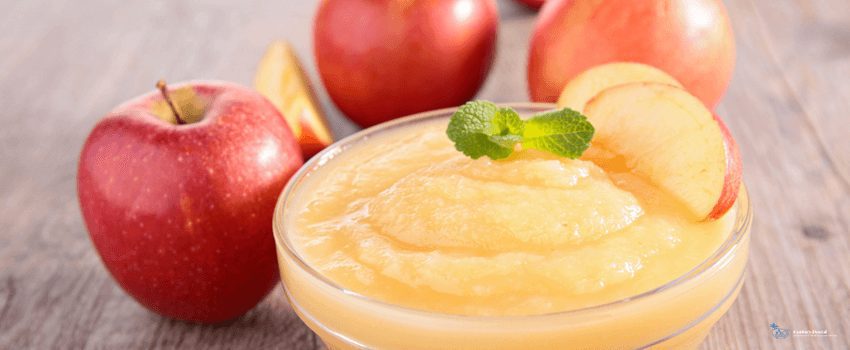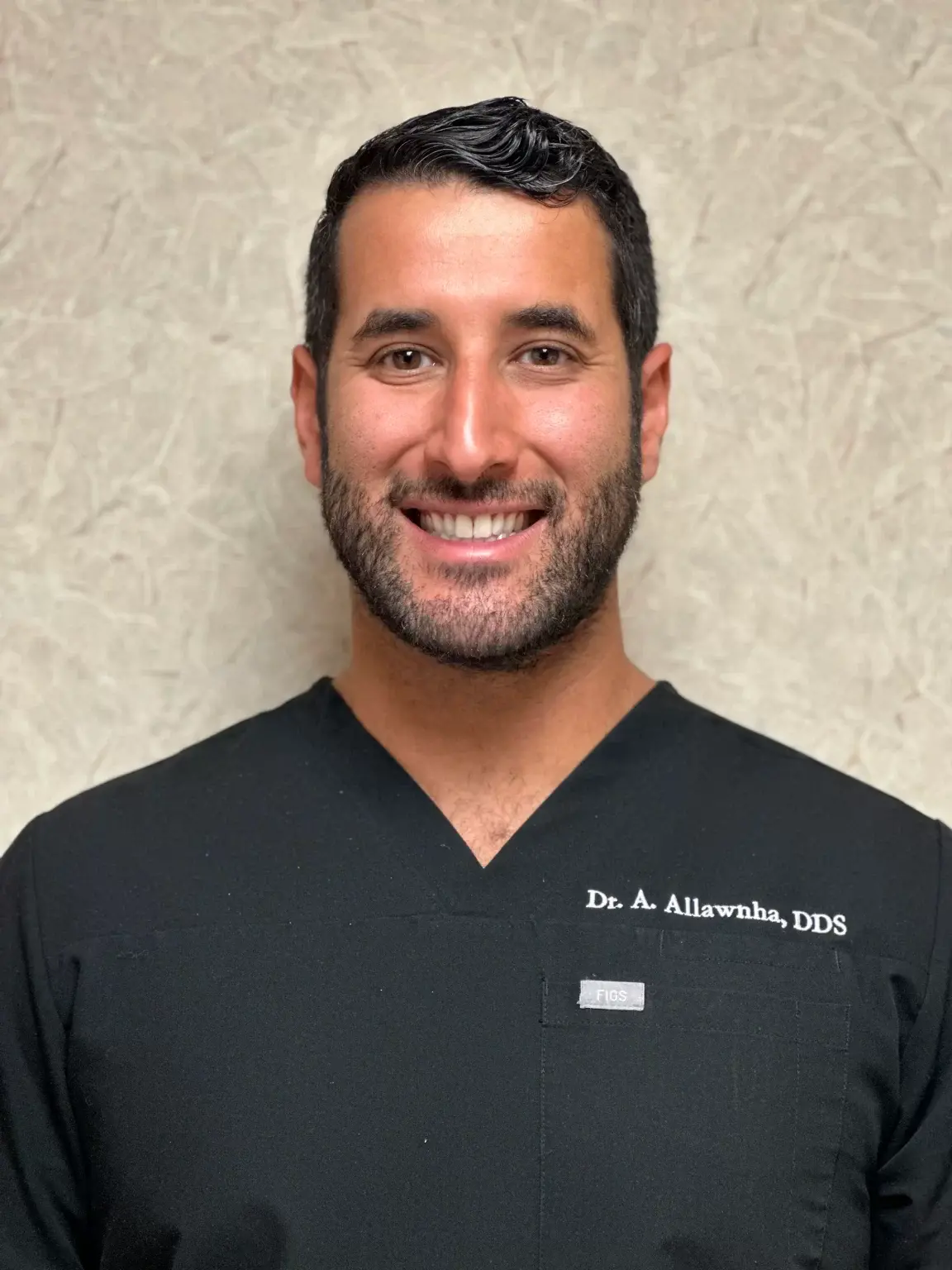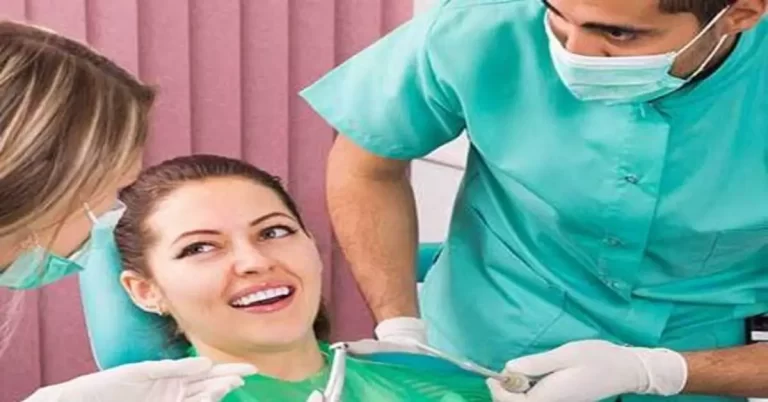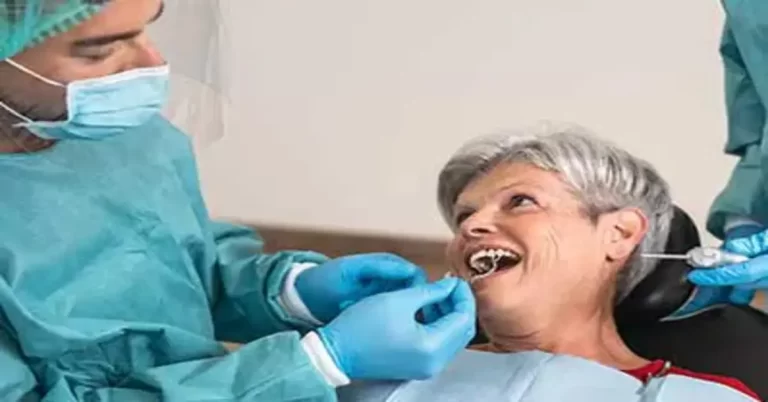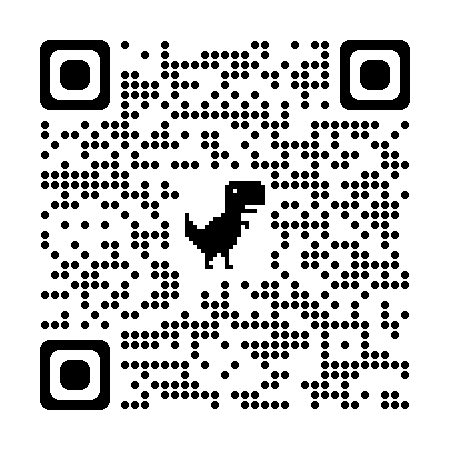Some dental procedures allow you to eat most fibrous or crunchy foods a week afterward. Meanwhile, more complicated ones, like removing multiple impacted teeth at once, may require you to eat liquids or soft foods for six weeks.
Depending on the procedure, recovery can take a long time and become complicated. While you focus on recovery, you should also consider your diet, calorie counts, and nutrition labels, all while consuming soft and nourishing foods to help your body heal and stay healthy.
To help you out with your journey to recovery, here are some top foods to eat after dental surgery or procedure.
What are Good Soft Foods to Eat After a Dental Procedure?
The foods you eat while recovering from a dental surgery should be soft and easy to chew. They should also contain lots of vitamins, minerals, and energy to aid with wound healing. Foods that are good to eat while recovering include:
Eggs
Eggs are one of the most versatile ingredients in the world, and they will be your friends for the next few days of your recovery. A plate of soft-scrambled eggs is a perfect food to eat after dental surgery. Stir the egg before they start firming up. They’ll continue to cook while you let them cool down. You can also enjoy it with half an avocado.
Mashed Potatoes
Mashed potatoes are one of many easy soft foods to eat while recovering. While it’s tempting to grab a bag of instant mashed potatoes, it’s best that you make one from scratch to avoid any harmful ingredients.
Three ingredients and a blender are all you need to make a delicious batch of creamy mashed potatoes at home. You can also add small amounts of herbs or minced bacon if you don’t overdo it. You can also explore many ways to make delicious mashed potatoes at home, enough to keep you occupied while recovering.
Smoothies
Smoothies are one of many soft cold foods to eat after a dental procedure. Most people will tell you to buy soft cold foods like ice cream so you can make milkshakes. But there’s also a chance you’ll take antibiotics, which can affect your gut’s microbiome.
Smoothies made with probiotic-rich yogurt are a better alternative to help soothe your gums and stabilize your gut health. Add Greek yogurt and naturally sweet ingredients like bananas, frozen fruit, and cocoa powder to your smoothies. You should also add plenty of milk or a bit of water for a thinner consistency, so you won’t need to use a straw.
Oatmeal
Instant oatmeal is another excellent food to eat after dental surgery for those looking to take a break from eating eggs. Avoid steel-cut oats; they’re too tough to swallow. Instead, try a basic oatmeal recipe with soft fruits like bananas or mashed blueberries.
Turkey Kielbasa
Chicken and lean proteins are usually not on a list of easy soft foods to eat after a dental procedure because they need a bit of chewing, even if you shred them.
However, you’ll find that turkey kielbasa is the exception. It’s versatile enough to keep your food interesting while recovering; you can fry it or add it to your soup or broths. It can help you feel like you’re eating a full meal without affecting your healing gums and teeth.
Soups and Broths
Soups and broths will always be on the list of things to eat after dental surgery or procedure. They are liquid food that is easy to make and are often nourishing. However, not all soups are made the same; some won’t do well after a dental procedure. Chicken soup is yummy, but the bits and pieces in it will be difficult to chew after dental surgery.
Strain the noodles, meats, or vegetables in your soup in the first few days after your dental procedure. You can blend or chop them up before putting them back in your soup. Or, you can make a soup from scratch; this gives you complete control over the ingredients you add.
Blended soups like tomato or pumpkin soup are another option; they are easy to eat and don’t contain any bits that could irritate your healing gums. They are also rich in vitamins and minerals that allow you to meet your daily nutritional requirements and keep you hydrated.
Make sure your soup or broth is lukewarm or cold since hot foods and drinks can cause irritation.
Cheese
Aside from being tooth-friendly, cheese is an excellent food to eat after dental surgery. It’s a good source of probiotics and can go with most after-dental surgery food.
Avocado
Avocados are a unique fruit. Unlike other fruits, they are low in carbohydrates and rich in healthy fats. They are also rich in vitamins C, K, and potassium.
Avocados are easy to eat. However, it’s easier to eat mashed avocados while you’re still recovering.
Hummus
Hummus is a popular Middle Eastern dish worldwide. It’s a rich source of healthy fats, vitamins, and proteins.
Hummus is made by mixing chickpeas with olive oil, tahini, and lemon in a food processor. You can also buy them pre-made in most supermarkets. However, you can’t eat it with pita bread or chips because they are too hard for your gums and teeth.
Foods to Avoid While Recovering
In general, here are some of the foods you should avoid while you’re recovering from a dental procedure:
- Spicy foods
- Crumbly or crunchy foods like chips or cookies
- Most seeds and grains
- Chewy food
- Alcohol
You should also avoid using straws if you’re recovering from a wisdom tooth extraction. The suction caused by using a straw can cause a dry socket, a condition where the clot protecting the extraction site is removed. It can expose the nerves and bones beneath, causing pain and delaying healing.
Key Takeaway
It’s important to choose nutritious, soft-textured, and nutrient-rich foods if you have just undergone dental surgery, implant placement, or extraction. Nutritious soft foods like hummus, cheese, and mashed potatoes help with recovery and prevent discomfort.
It may be worth stocking your pantry with soft, tasty, and nutritious foods if you’re undergoing dental surgery soon.
Choose the experts of Century Dental to take care of your gums and teeth.
Our dentist in Madeira Beach FL provides services like dental implants and extractions that keep your mouth healthy. They also provide tips and aftercare instructions after every procedure for a smooth recovery. Call us with any questions or concerns about your oral health.

